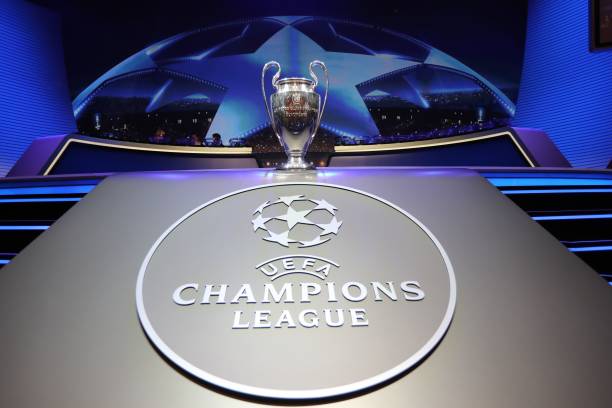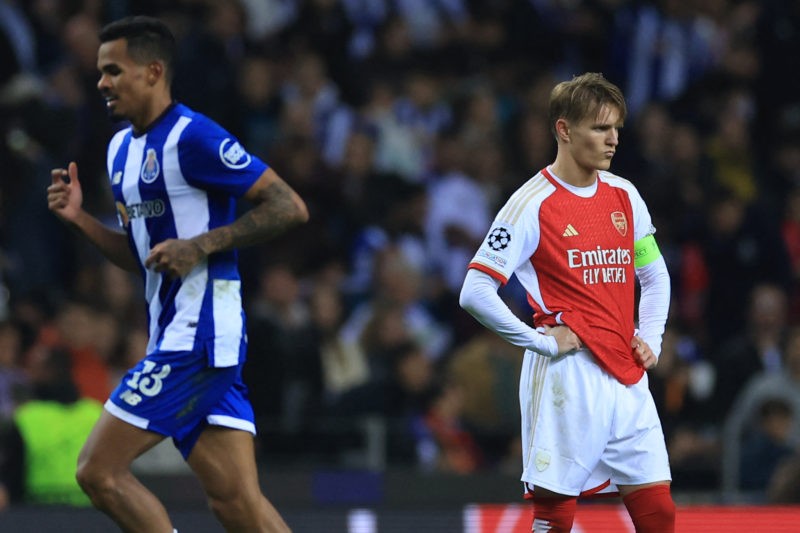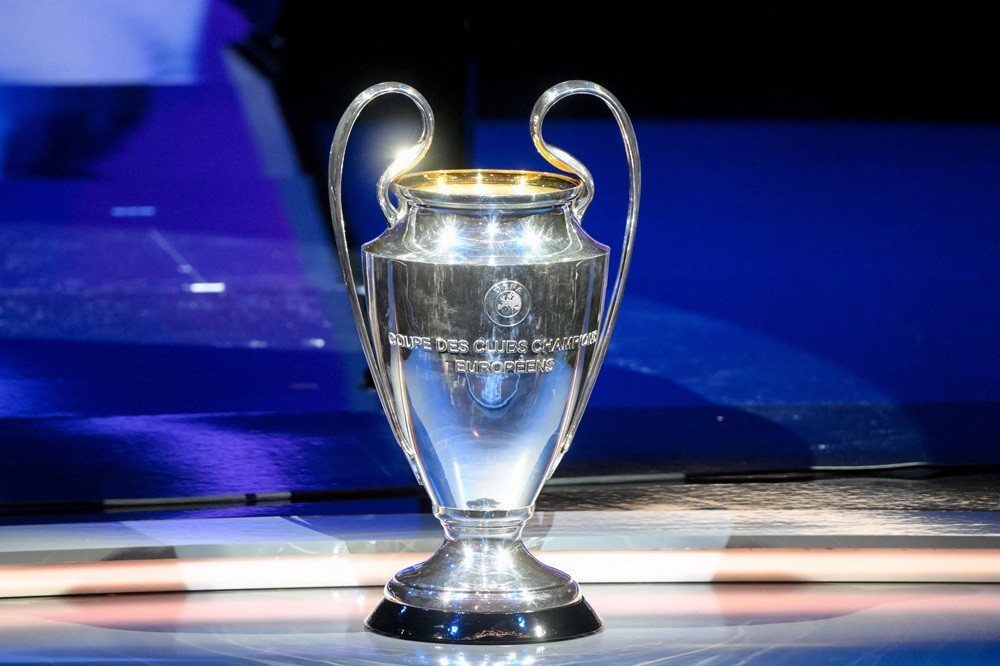Arsenal’s financial report paints a clear picture: Champions League qualification is essential for the club’s long-term health
The statement, “Qualification for UEFA competition represents a pre-requisite to re-establishing a self-sufficient financial base,” underscores just how high the stakes are.
Let’s explore the vast financial rewards of Europe’s top competition and assess if the current Arsenal squad is ready to remain at this elite level.
The financial powerhouse of the Champions League

The Champions League is synonymous with lucrative prize money, increased sponsorship potential, and global exposure. To understand the scale, consider these figures from the 2021/22 season:
- Prize money: Teams eliminated in the group stage received a minimum of around €15.64 million. Those progressing to the knockout rounds saw their earnings increase rapidly. The eventual champions, Real Madrid, pocketed an estimated €120 million in prize money alone.
- Broadcasting rights: Champions League broadcasting revenues are monumental. In the UK alone, BT Sport paid around £1.2 billion for a three-year deal starting from the 2021/22 season.
- Commercial appeal: Champions League participation elevates a club’s global profile, making it far more attractive to major sponsors and commercial partners.
This influx of cash can truly transform a club. It provides the means to improve the squad, invest in infrastructure, and create a sustainable financial model that reduces reliance on owner funding.
Arsenal‘s squad: Ready for Europe’s best?

Under Mikel Arteta, Arsenal has made significant strides. They’re currently challenging at the top of the Premier League, sparking hopes of a long-awaited title. But does this success guarantee they’re ready to consistently compete against Europe’s elite? Let’s analyse the squad:
- Goalkeeper: David Raya is a quality goalkeeper, and with a reliable backup essential for a Champions League campaign with its fixture congestion, they could not have better in Aaron Ramsdale, who will most likely need to be replaced in the summer.
- Defence: William Saliba and Gabriel have formed a strong partnership, and the addition of Ben White provides flexibility. However, depth at centre-back is still a concern when we remember what happened last season when Saliba picked up a back injury.
- Midfield: Declan Rice is formidable, but he is in desperate need of a regular partner. A dynamic, box-to-box midfielder could offer an alternative, especially against teams that dominate possession. In Martin Odegaard, they also have a world class midfielder who gets better with every season.
- Attack: Arsenal boasts a thrilling young attacking unit with Saka, Martinelli, and the returning Gabriel Jesus. Kai Havertz has found his feet and is so important to how Mikel Arteta wants to play. Their pace and creativity pose a threat, but can they consistently break down Europe’s most disciplined defences?
Where Arsenal might need to strengthen
While the squad is promising, a few targeted signings could make the difference in competing on the European stage. Here are potential areas for reinforcement:
- Central midfielder: A powerful and versatile midfielder who can win aerial battles, break up play, and drive forward with the ball would offer a valuable tactical option against top midfield units.
- Backup striker: Quality backup is needed to support, or rotate, with Gabriel Jesus, offering flexibility and lessening the goal-scoring burden.
- Central defensive depth: An experienced, high-quality central defender would add depth and reliability, crucial given the demands of a Champions League schedule.

